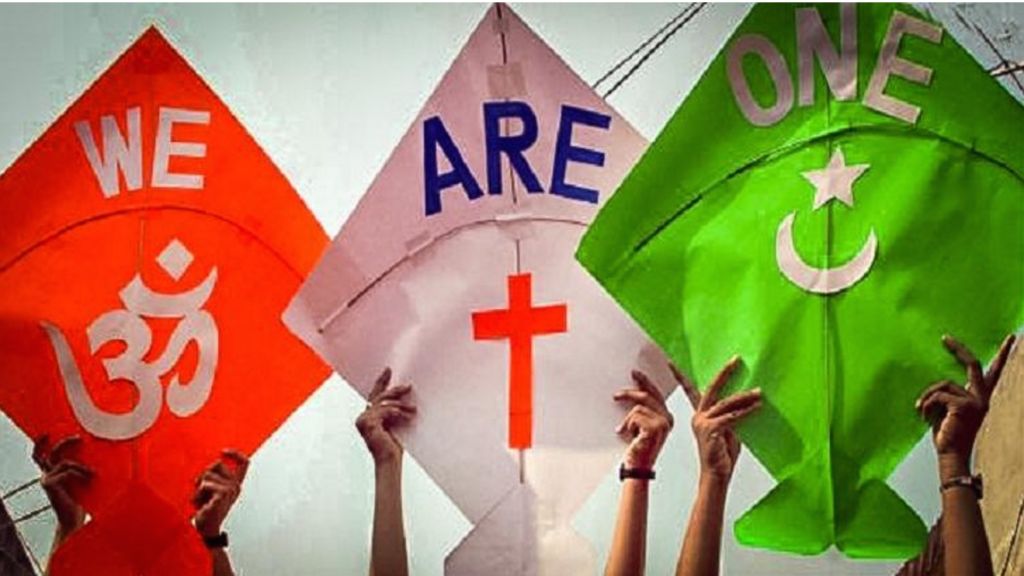Communalism In India
Jun 30, 2019 • 152 views

Communalism can be defined as blind faith in one's own religion i.e. treating one's religion as superior & above others. It is a social philosophy associated with clashes between different religious communities. It is basically an ideology which says that people having same religion have common interests while rest are not immune to their needs.
Today communalism has spread its tentacles all over the country and is proving caustic to the society.
Evolution of communalism in Indian society
In context with Indian society, ancient India was united and people didn't have cold feelings for each other. They lived together in peace accepting each other's culture & traditions.
There are many rulers who were the epitome of promoting equality in religion but few rulers like Aurangzeb were least tolerant to other religious practices.
At the time of the first war of independence in 1857, Hindus and Muslims fought together against Britishers. Britishers followed the policy of Divide & Rule to disintegrate them. Religion was supposed to be a powerful weapon to rule over our nation. The early nationalist movements comprised of Hindu, Parsi & Christians due to which Muslims felt alienated & Britishers added fuel to fire. This resulted in Muslims demanding a special reservation.
It's roots can be traced from the partition of Bengal in 1905 by Lord Curzon. The growing dissent led to formation of a new political party in 1906 named Muslim League. Mohammed Ali Jinnah, one of the major forces behind the creation of Pakistan was a member of INC till 1920. But he supported only elite Muslim class showing no concern for backwards. People like Syed Ahmed Khan had shown Indian Muslims as a separate community having different interests from rest.
Why communalism still persists and increasing in modern India?
Although the Constitution of India provides equal rights but minorities are allowed to manage their own educational institutions. As seen in Shah Bano case, these rights are used above individual rights by personal law boards.
It is still thought that all communities have divergent and contradictory interests, creating major conflicts among them.Politicians try to gather votes on the basis of religions.
India is still burning under the flames of communism. Religious, political & socio-economic are some of the factors responsible for it.
Anti-Sikh riots, 1984, Babri masjid demolition in Ayodhya, 1992, Assam Communal violence, 2012 & Muzaffarnagar violence, 2013 are some of the instances of communalism in India.
Kashmir, heaven of India has been turned into the most rebellious place to live in.
Steps required
Apart from the steps taken by government, the onus lies on the citizens as well. A balance between national interests & religious community needs to be taken care of. The followers of a particular beliefs should not treat the philosophy and teachings of rest as irrelevant. Other social problems like unemployment, illiteracy & poverty indirectly aggravates the problem & needs to be tackled. Media, movies & other such platforms can be used as a great medium to promote peace & regional harmony. The combined efforts are required to get rid of this problem.
Conclusion
Communal violence can now be seen throughout the world. Communalism leads to disintegration of our nation whose result we already faced in terms of formation of India. The partition was expected to solve the riddle but it has rather complicated the situation.
There is yet to develop harmony between Hindus & Muslims & various other communities to keep our nation unified.
